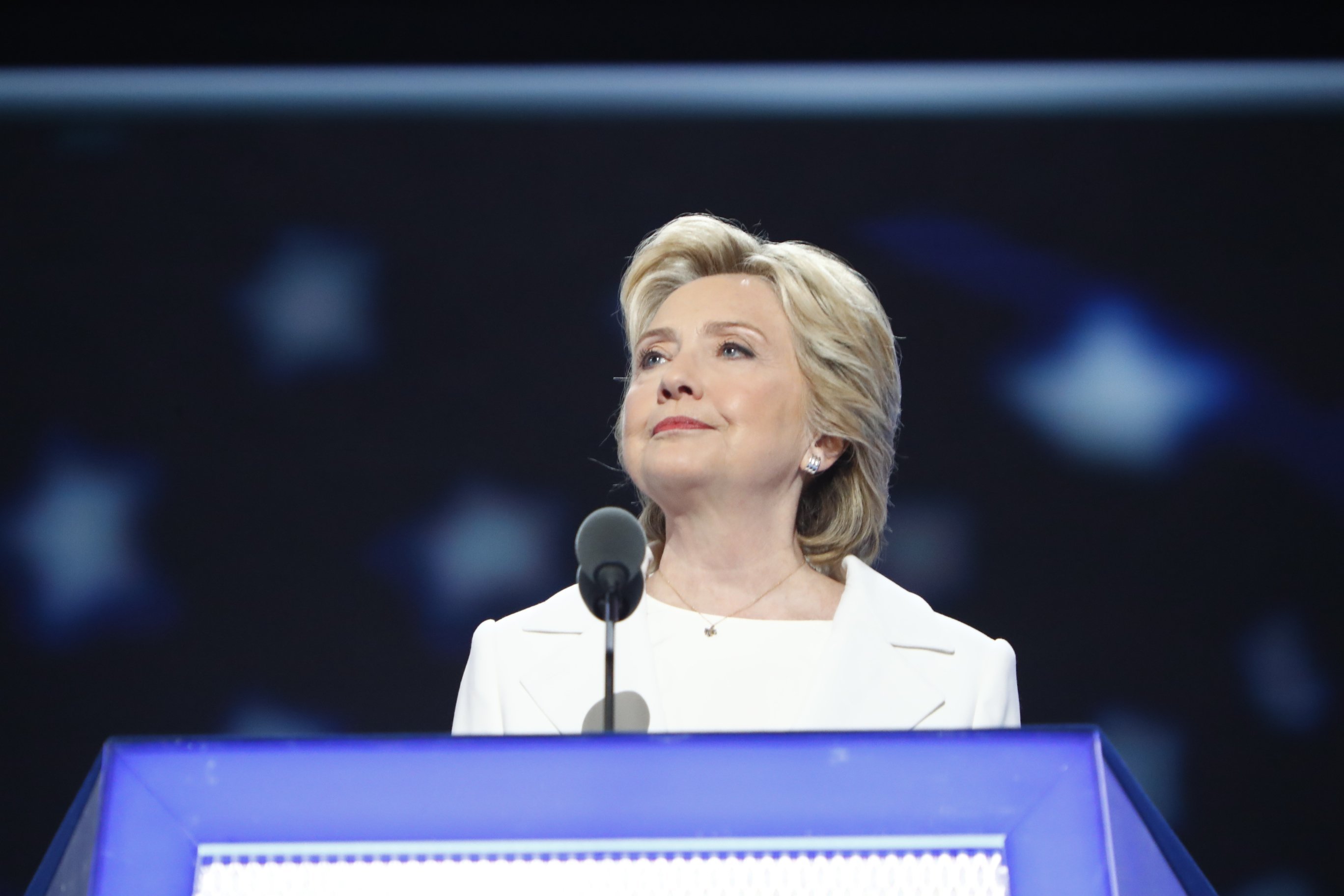Now is not the time to panic — even though stocks are tumbling around the world Wednesday morning following Donald Trump’s victory over Hillary Clinton.
Yes, Trump’s win was a surprise to many on Wall Street.
And yes, the fact that Trump said a lot of controversial things while trying to get elected is a cause for concern.
But it’s worth noting that the market was mostly flat Wednesday morning. By way of comparison, major indexes fell about 2% four years ago after President Obama was re-elected.
Global markets are also, for the most part, acting calmly. Japan’s Nikkei, one of the first to open as the election results rolled in, did plunge 5%. But market losses in China and Europe were far more muted.
So investors should take a deep breath, relax and put things in perspective.
If any long-term investor panicked and sold after the Black Monday crash in 1987, they’d have missed out on “yuge” gains since then.
Ditto for when stocks cratered in 2000 after the tech bubble imploded.
And they also would have not participated in the big rally that has occurred since March 2009 — just a few months after Lehman Brothers collapsed and it seemed that the financial word was ending.
John Canally, chief economic strategist with LPL Financial, conceded the Trump win will mean more uncertainty until it becomes clear what he will try to do with regards to trade policies, government spending and future appointees for the Federal Reserve.
But Canally stressed that long-term investors should not make any significant changes to their portfolio due to the election.
“Don’t get your political views twisted with your economic and market views,” Canally said. “If Brexit was a 10 on the earthquake scale, this is a 5 or 6. If you remove the names, Republicans winning the White House and Congress is generally market friendly.”
Canally said the biggest worry for investors around the world should be just how antagonistic President Trump winds up being to trade partners like Mexico and China.
“Will Trump really rip up trade deals? That is a big concern and it could slow economic growth around the globe,'” he said.
Canally noted that there could be plenty of potential economic positives from a Trump presidency, such as less regulation, tax cuts and increased infrastructure spending.
And the truly worst-case scenario for investors has been avoided. This election is truly over. We don’t have a repeat of 2000.
“The result is known, and that is great,” Canally said.
David Jilek, chief investment strategist at Gateway Investment Advisers, added that Trump’s positive tone during his acceptance speech also may have helped to reassure investors.
“We have a robust enough economic system that any continued uncertainty surrounding this election can be tolerated. There is nothing long-term investors should really do differently now that Trump has won,” Jilek said.
“Almost all markets have recovered from bigger sell-offs Tuesday night except Mexico,” Jilek added, alluding to continued concerns about Trump’s stance on immigration and his call to build a wall on the Mexican border of the United States.
So it appears that many investors may be willing to give Trump the benefit of the doubt. He may not be as bombastic as Commander-in-Chief as he was as a candidate.
Along those lines, Thomas Wilson, senior investment manager at Brinker Capital, said the reaction he was getting from clients Tuesday night as election returns were coming in was one of hope and not fear. People were looking for opportunities.
“This is interesting. All the texts and calls I got were about putting cash on the sidelines back to work.” Wilson said.
“If Trump is pragmatic and can effectively work with Congress, then that should lead to better growth and higher stock prices,” he added. “But that is not a foregone conclusion though.”



